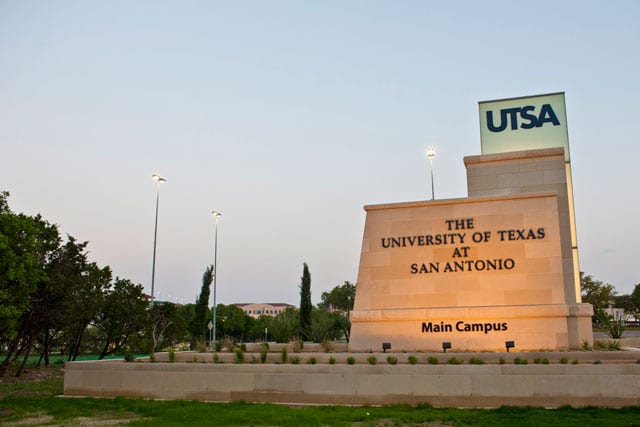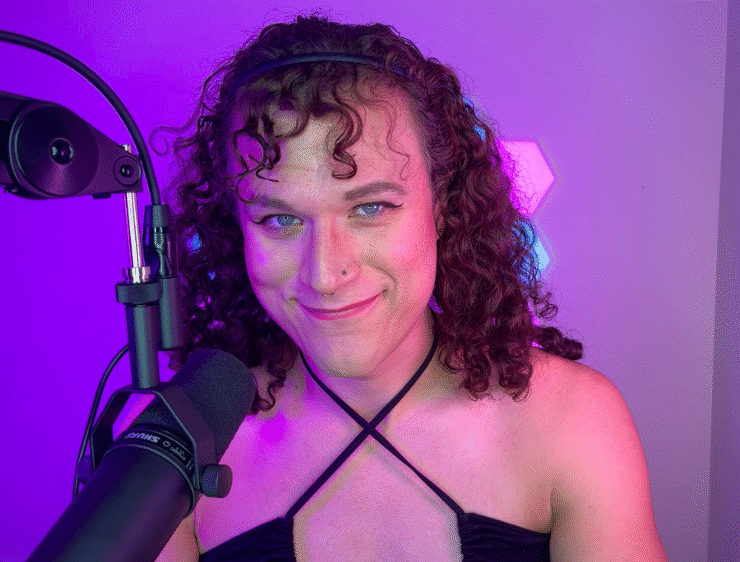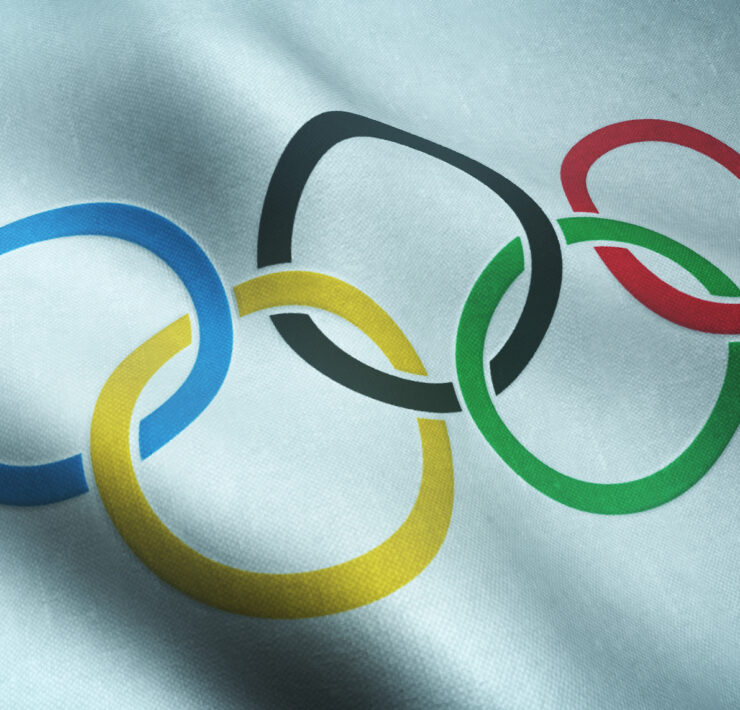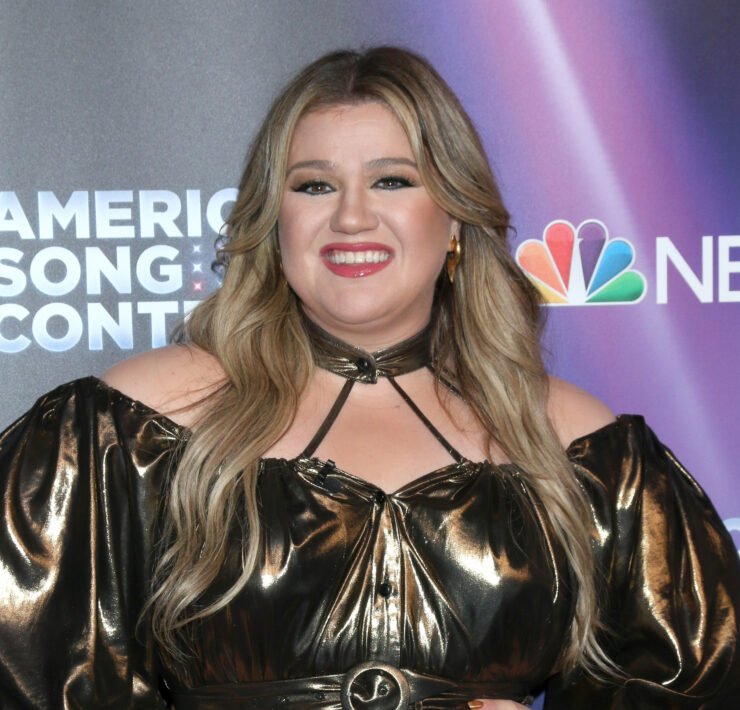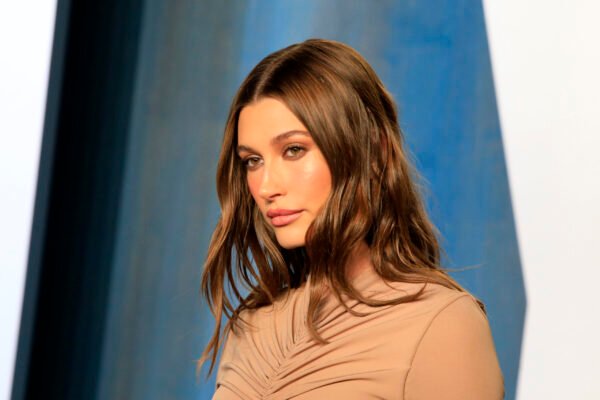Olympics Reject Calls to Remove Trans Weightlifter Laurel Hubbard

Keegan (they/them) is a journalist/artist based in Los Angeles.
The Olympics aren’t giving into the backlash over the first openly trans Olympian competing in this year’s games. Following the news that New Zealand’s Laurel Hubbard qualified for the Tokyo’s 2021 Olympic Games, and subsequent petition and opposition to her participation, the International Olympic Committee (IOC) will continue to follow their guidance and allow Hubbard to compete.
“The rules for qualification have been established by the International Weightlifting Federation before the qualifications started. These rules apply, and you cannot change rules during ongoing competitions,” IOC President Thomas Bach said in Tokyo last week.
This confirmation ended any speculation that the IOC would give into the pressure and try to prevent Hubbard from participating.
Trans athletes have been allowed to compete in the Olympics since 2004, and this will be the first games with participation from openly trans athletes. This Olympic season is breaking records in other ways, boasting 100-plus out-and-proud, LGBTQ athletes participating—more than twice the number of queer competitors at the 2016 games. One other transgender athlete has qualified for the Olympics so far this year, Canadian soccer player Quinn (who goes by one name). They play pro soccer and act as midfielder for the OL Reign and the Canada women’s national soccer team.
Trans athletes are allowed by the IOC, but they only set the guidelines for athlete participation. There are other sporting federations tasked with regulating each sport, determining the rules, and women (cis or trans) can be excluded based on their hormone levels, if they don’t fall into the range the IOC and regulating agencies set.
“The rules are in place and the rules have to be applied and you cannot change the rules during an ongoing qualification system,” Bach says, via Reuters. “This is what all the athletes of the world are relying on: that the rules are being applied.”
Bach also notes that the Olympics will have “an inquiry phase with all different stakeholders … to review these rules and finally to come up with some guidelines.”
Hubbard will represent New Zealand’s women’s super-heavyweight 87+kg category. The IOC’s confirmation of their initial decision followed a petition that called the Olympics to remove her. Hubbard previously medaled at the 2017 World Weightlifting Championships and the 2019 Pacific Games in the heaviest categories of weightlifting. Hubbard would also be the oldest lifter and this year’s games, at age 43.
She’s ranked 16th in the world in women’s weightlifting, and several competitors ranked above Hubbard won’t be at the Olympics because the number of athletes each country is allowed is limited because of the COVID-19 pandemic.
What's Your Reaction?
Keegan (they/them) is a journalist/artist based in Los Angeles.



